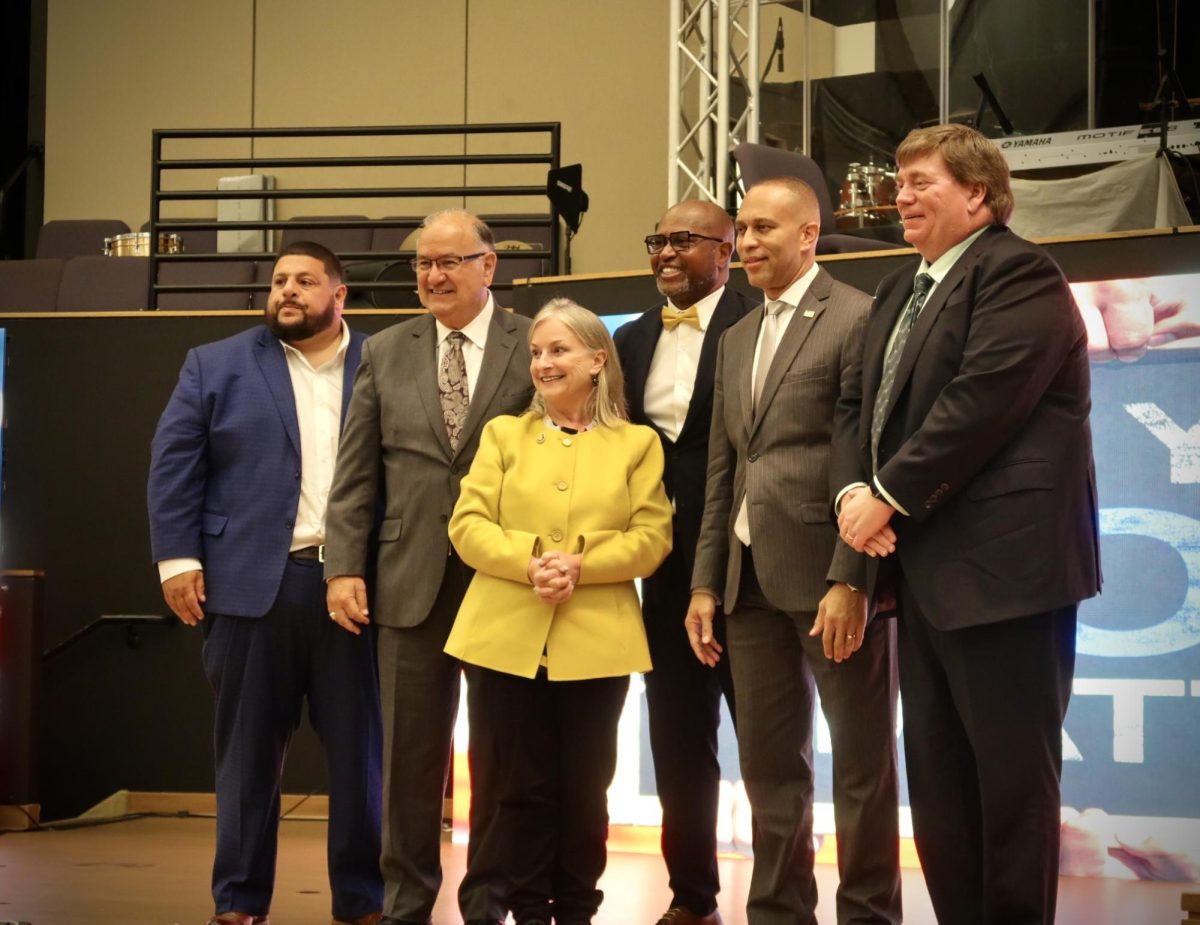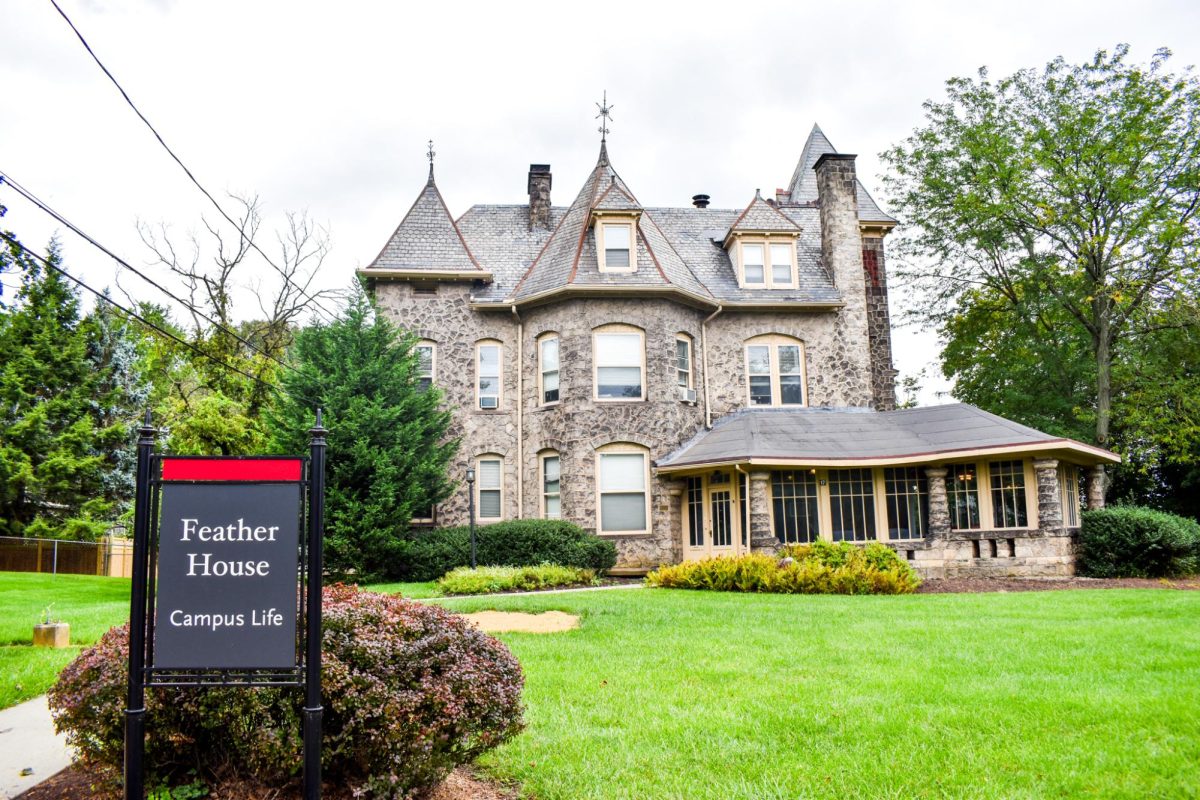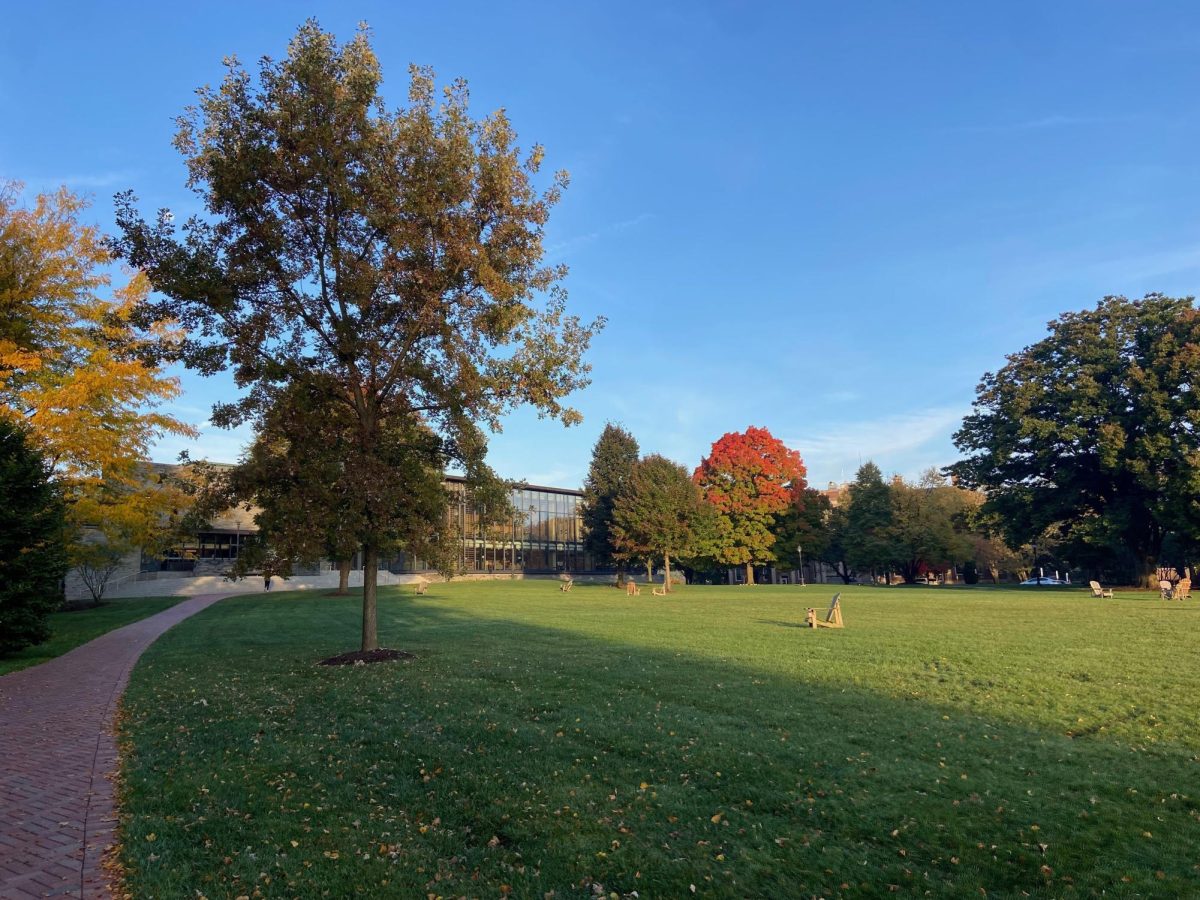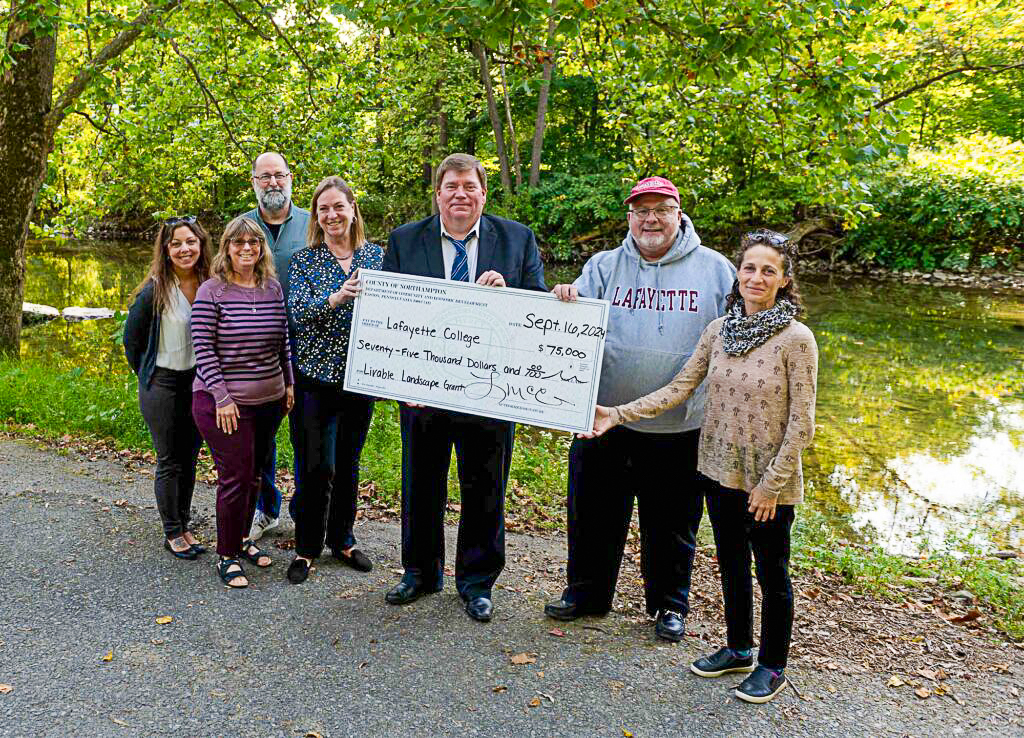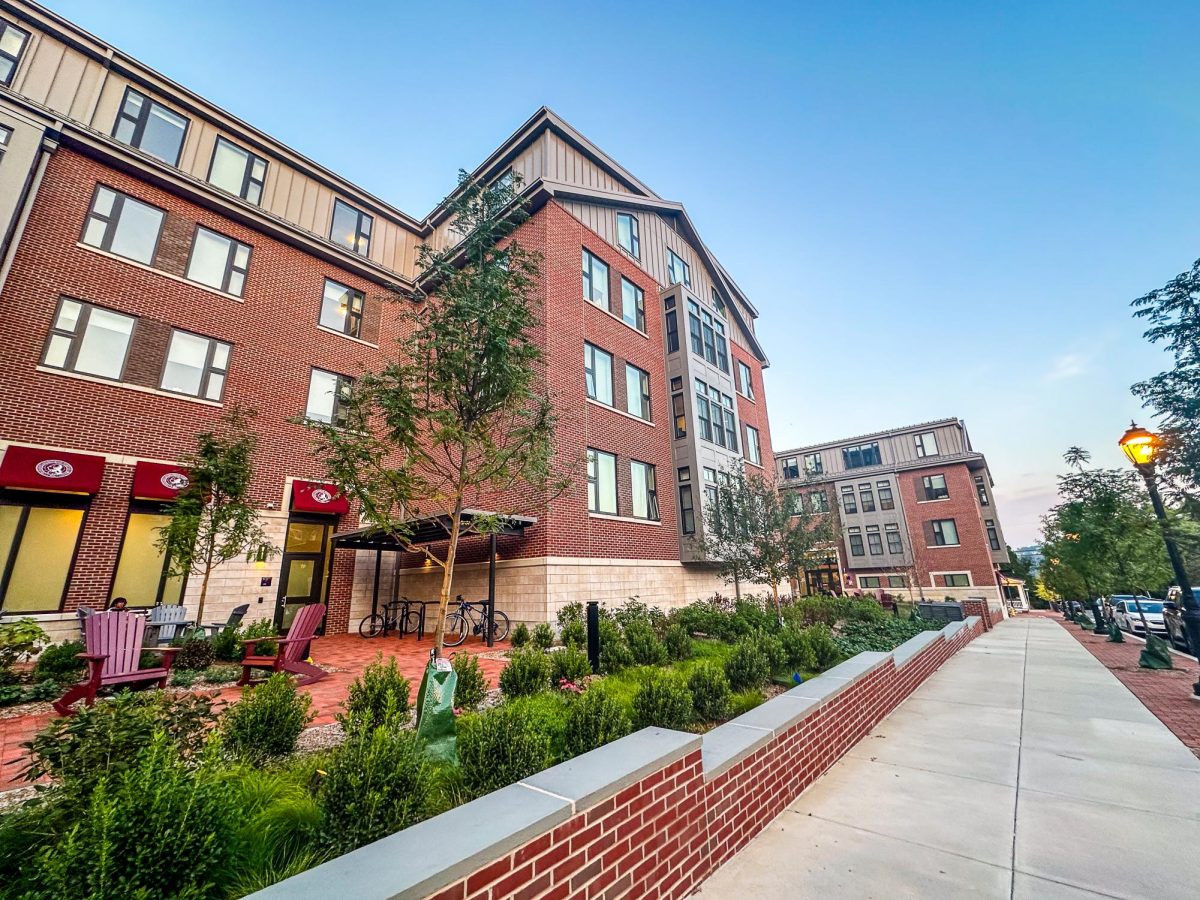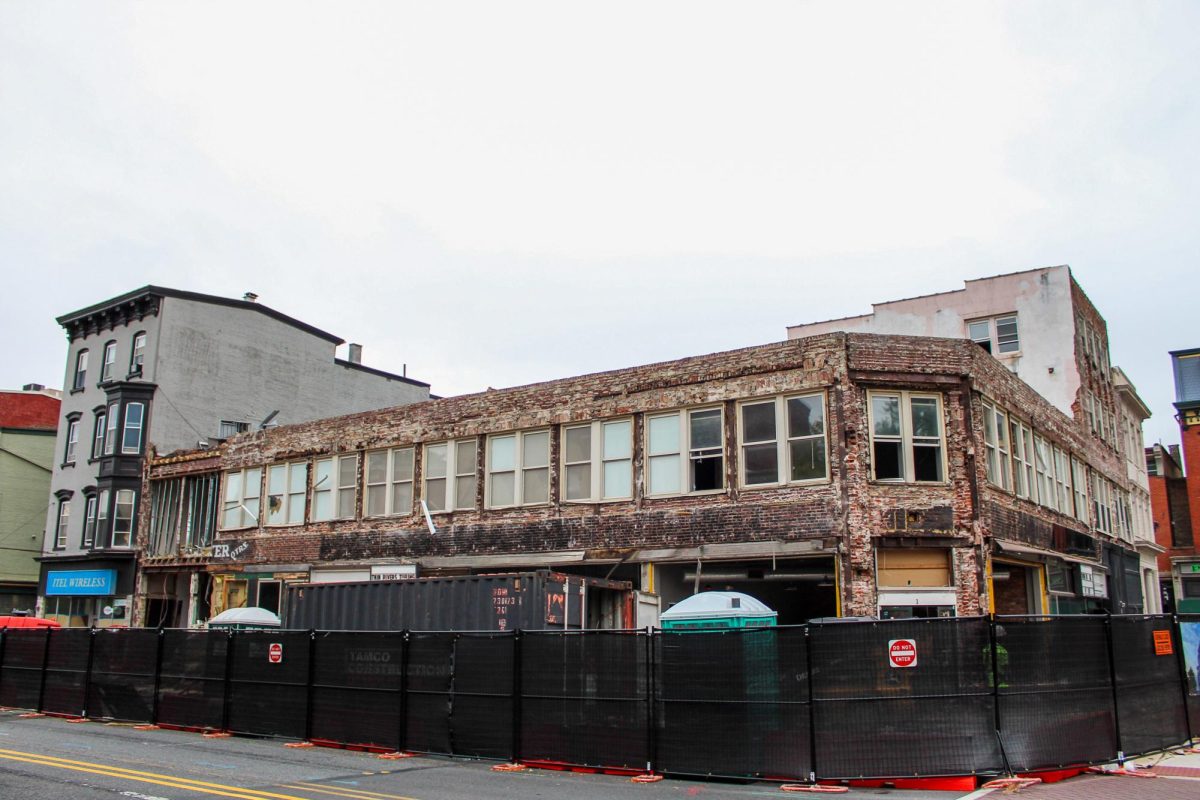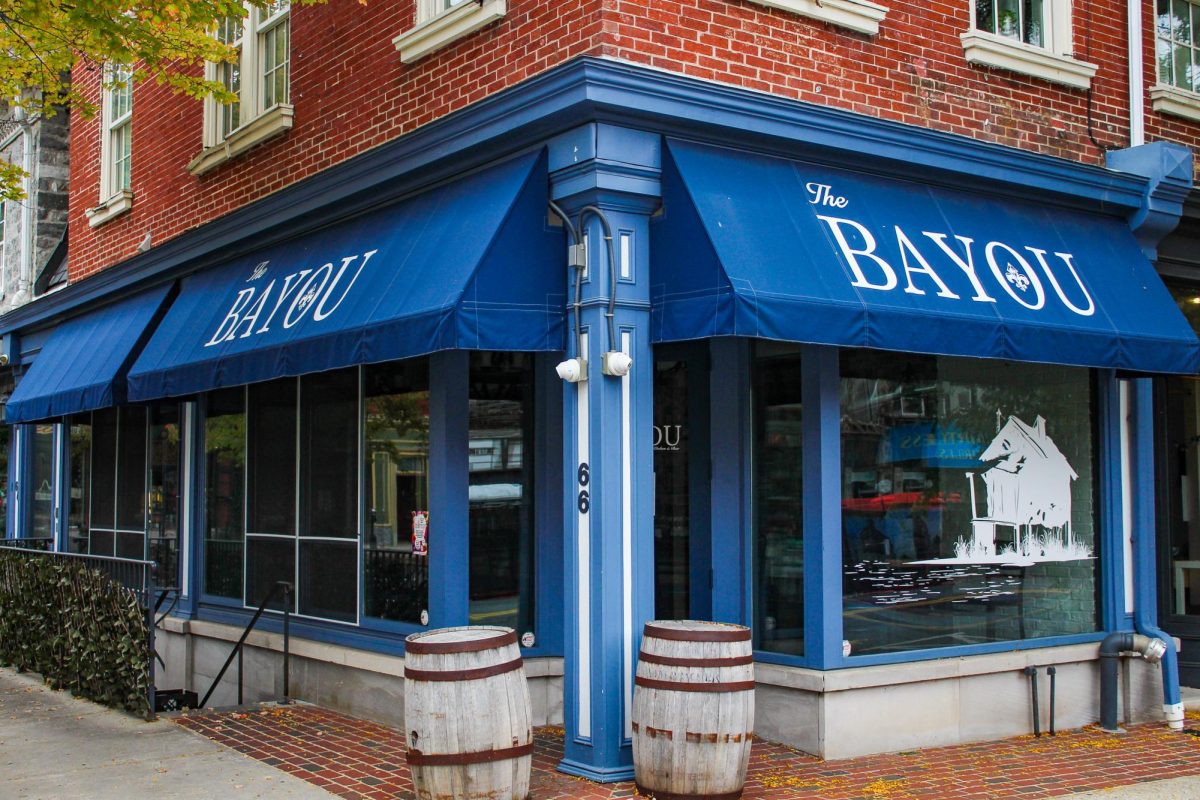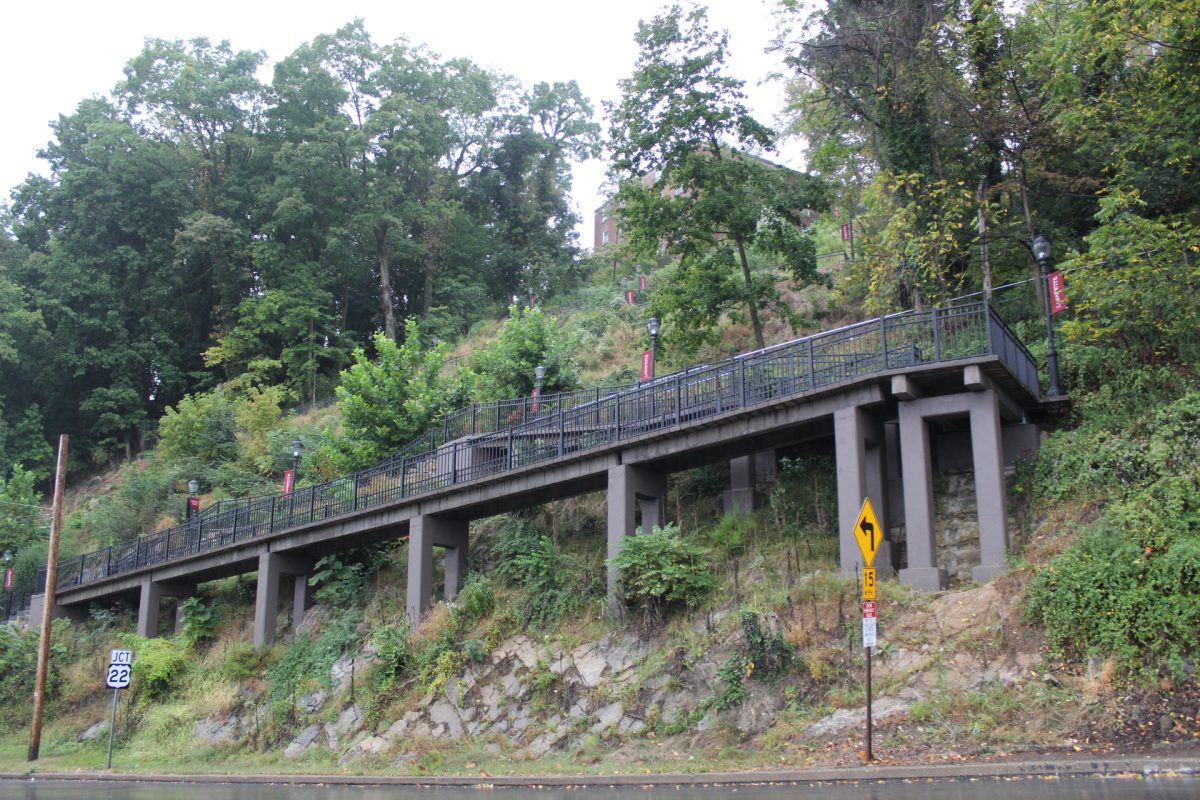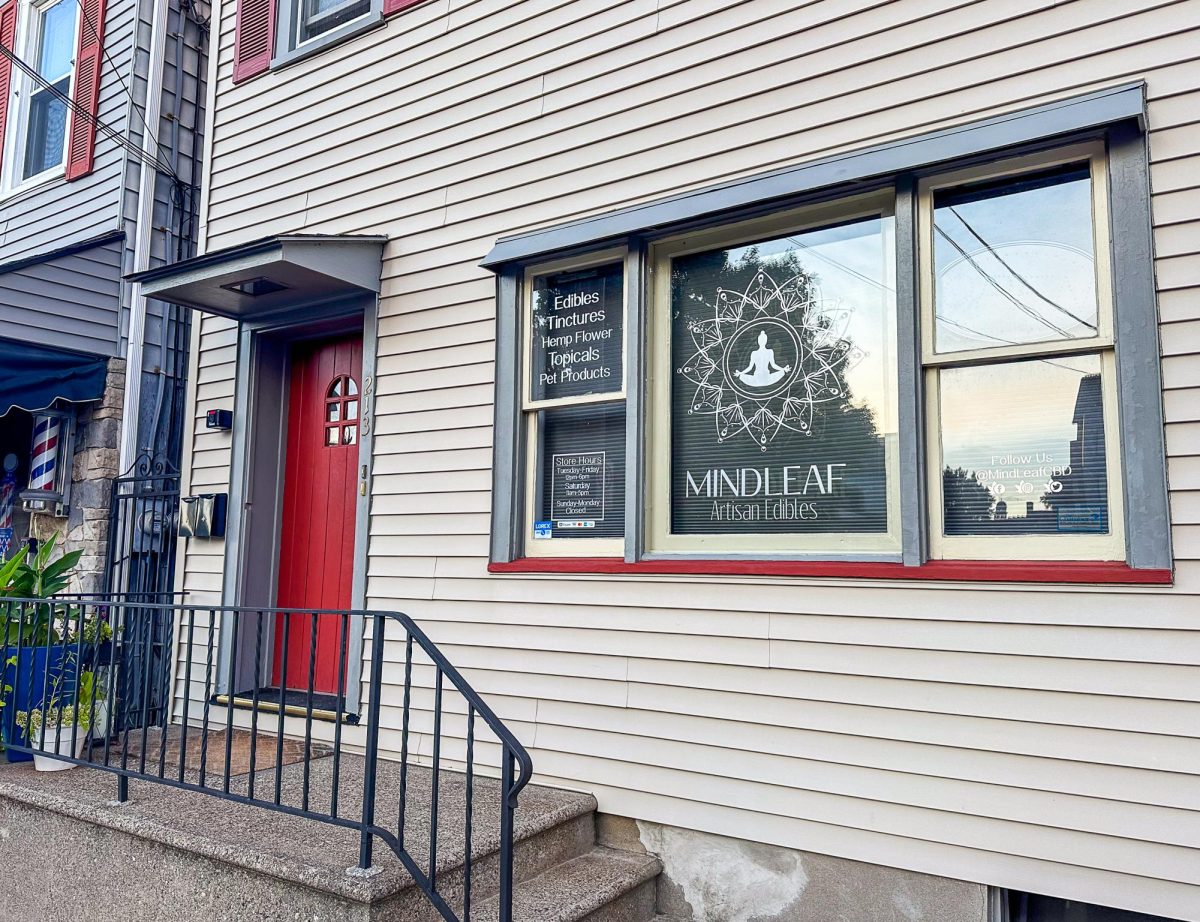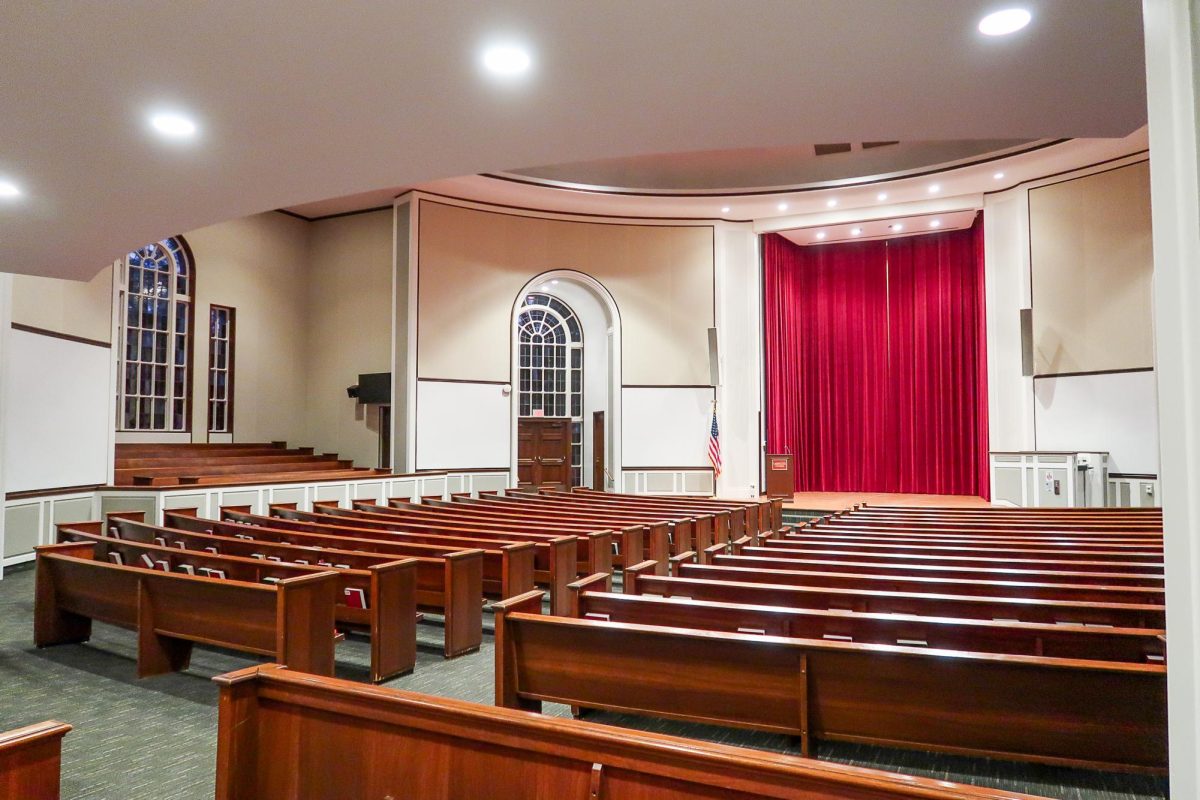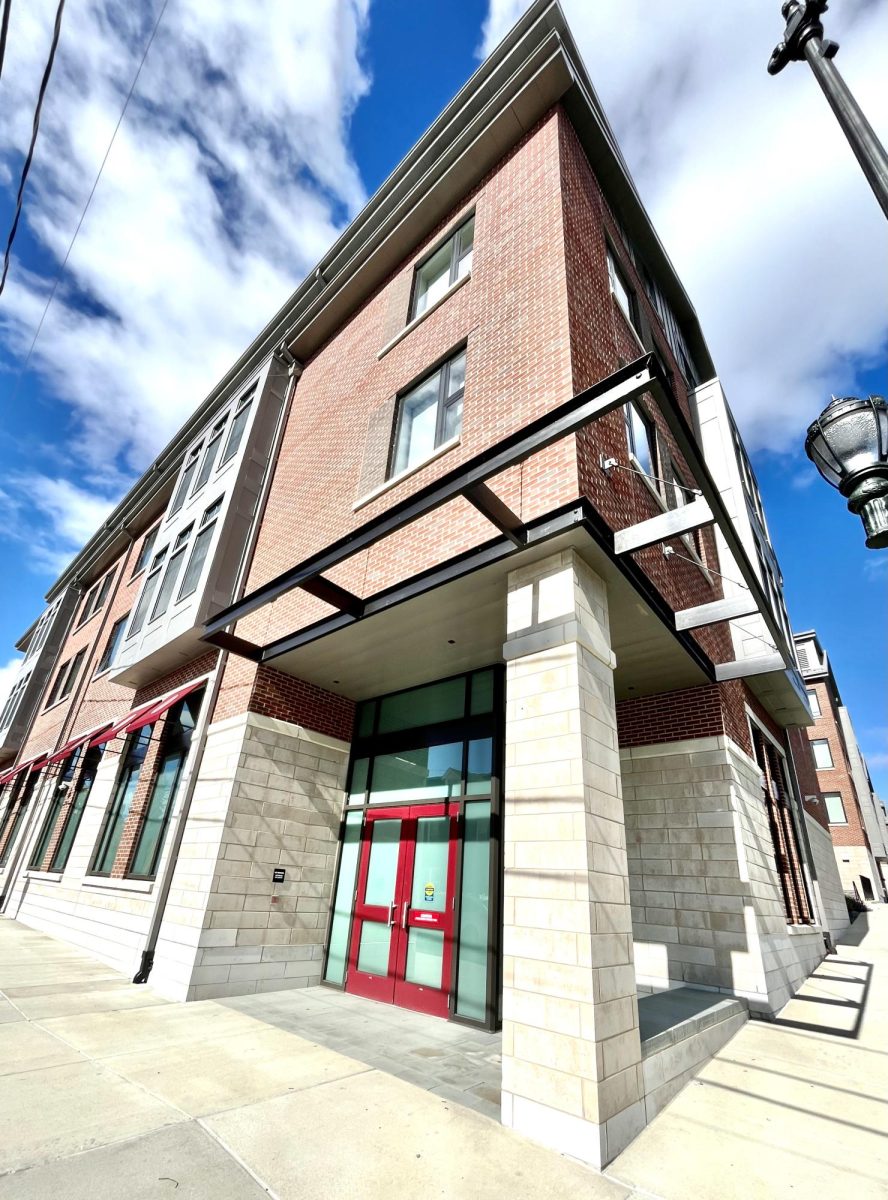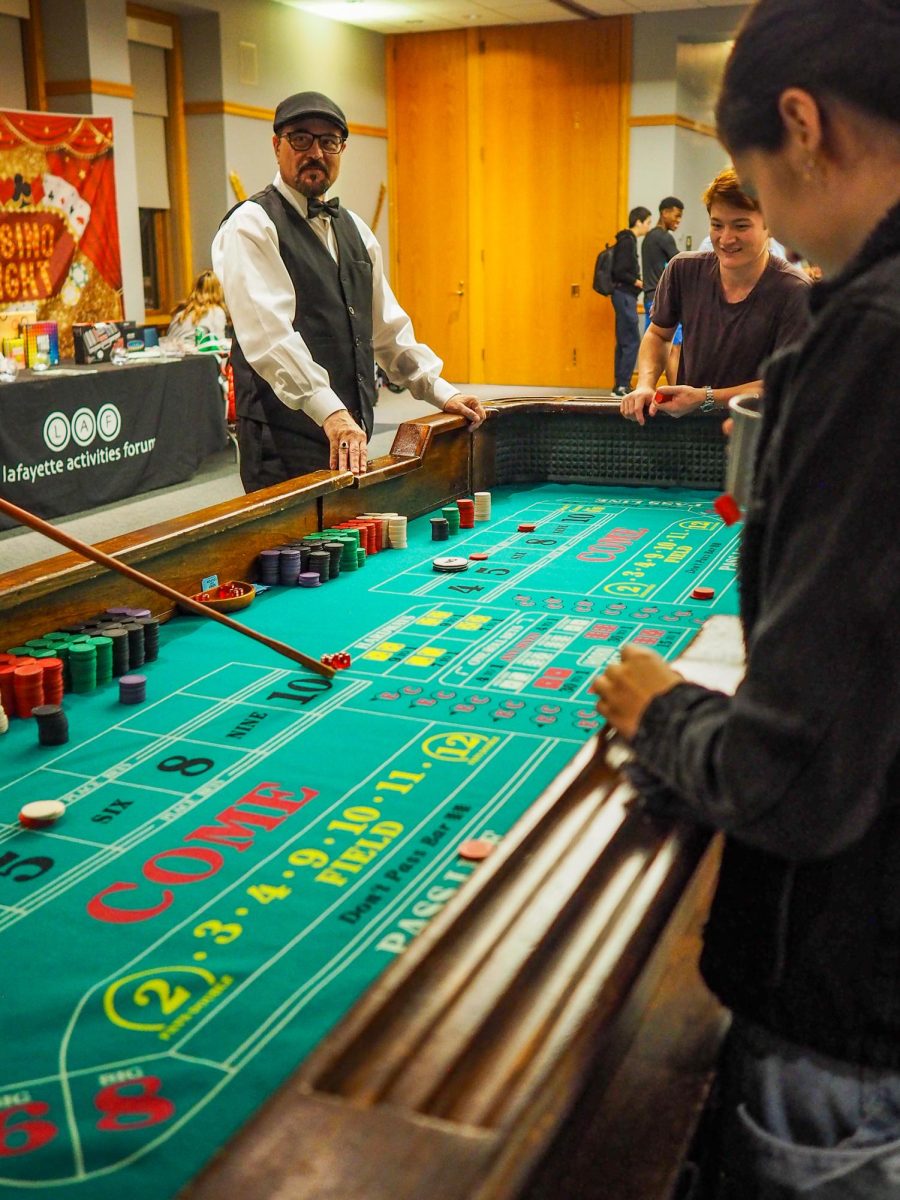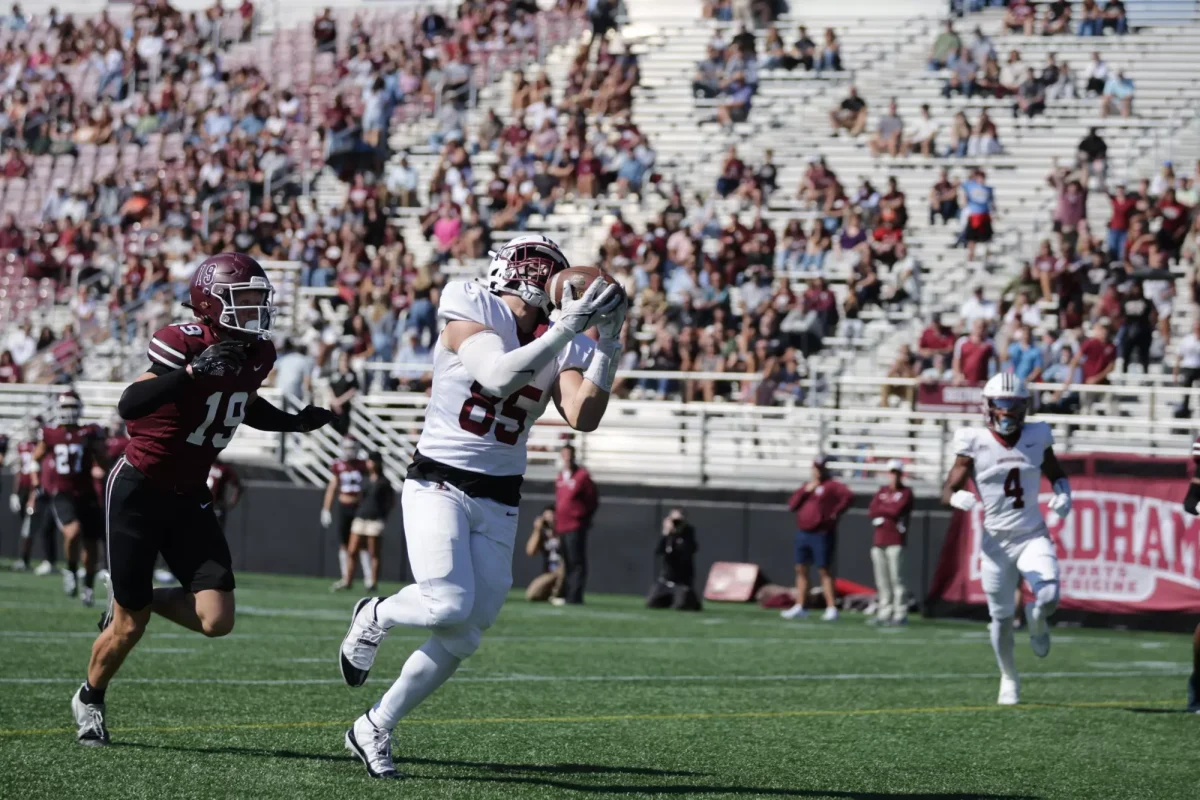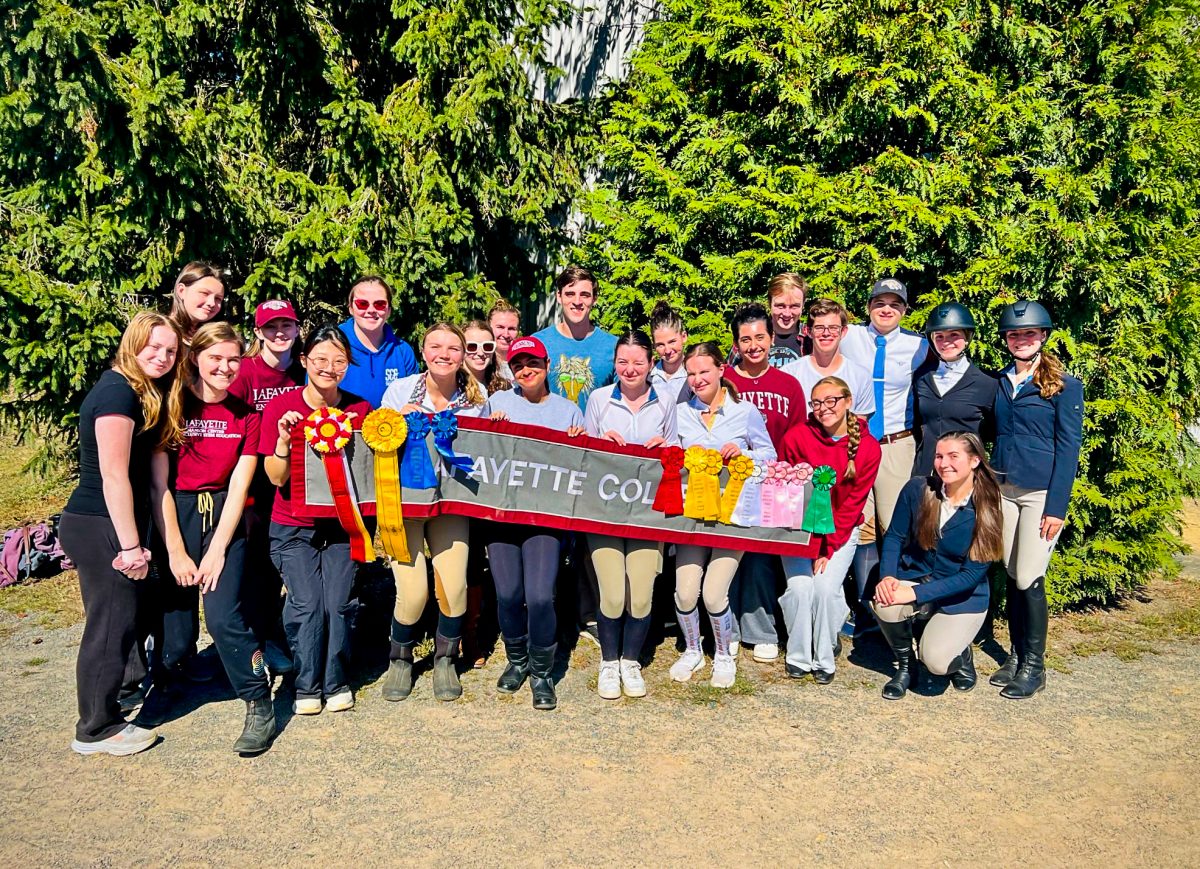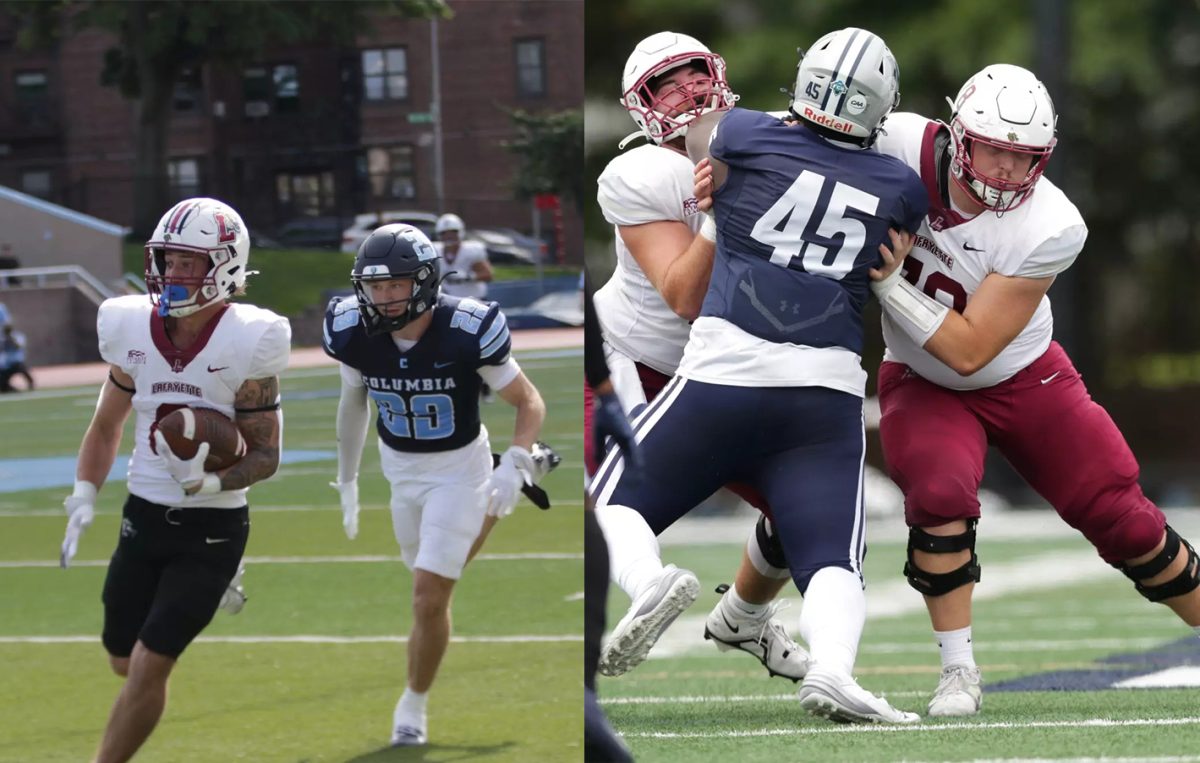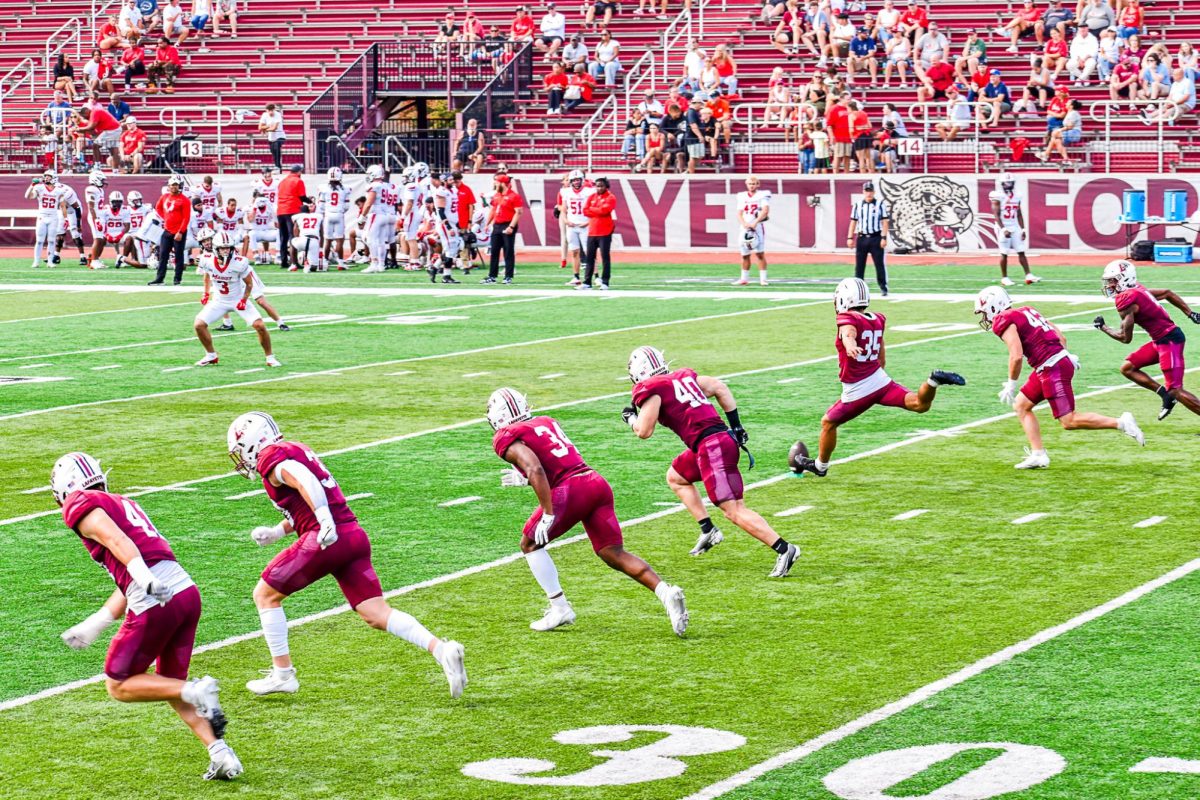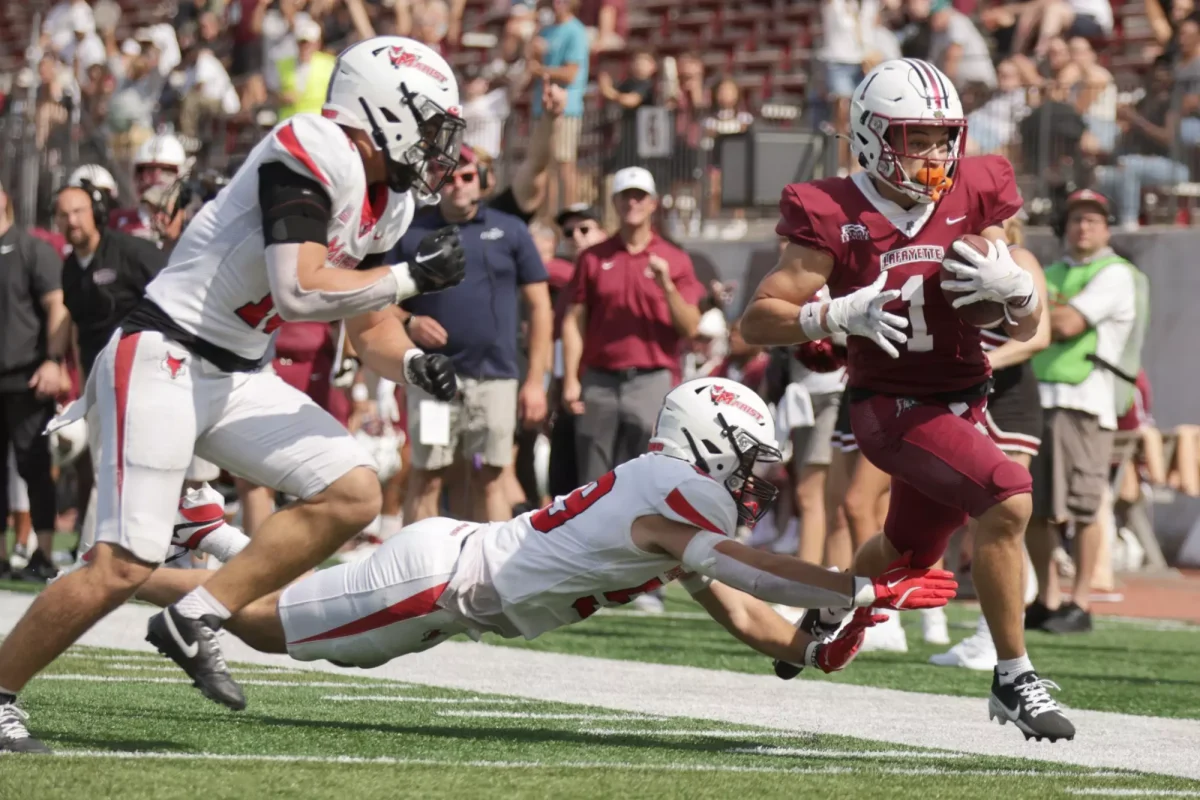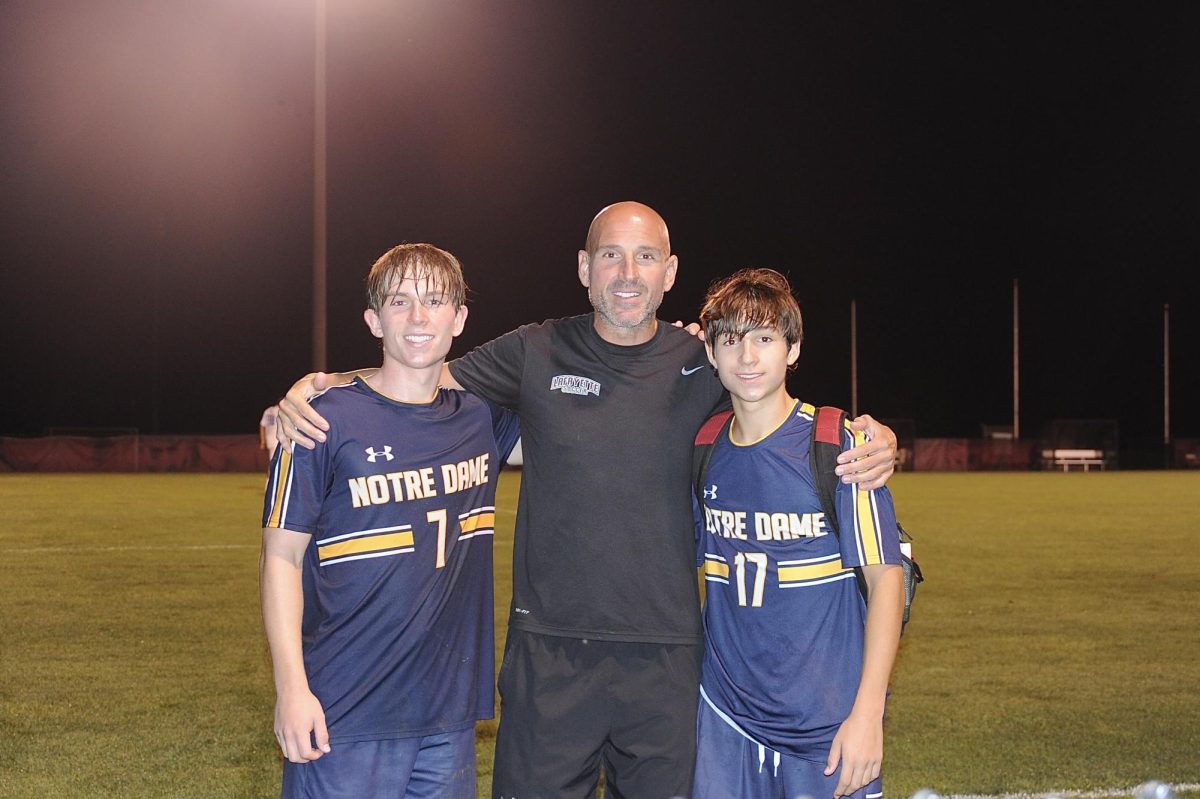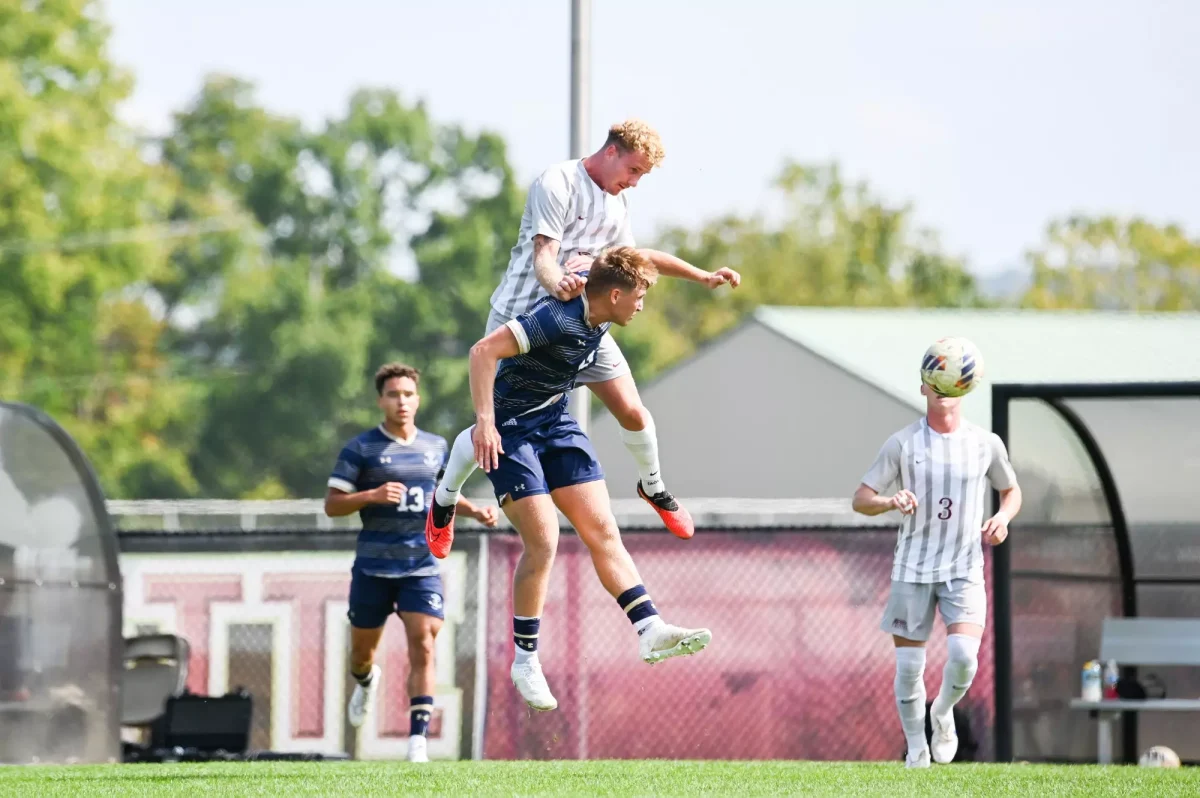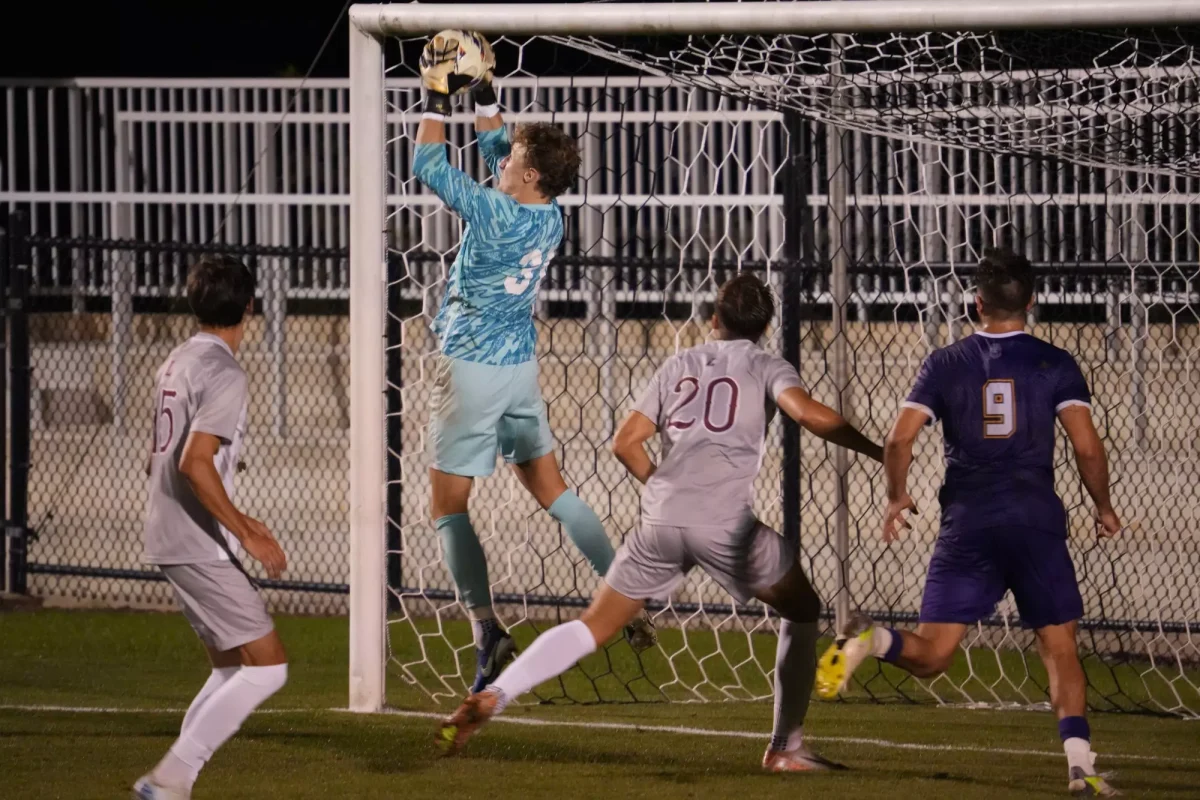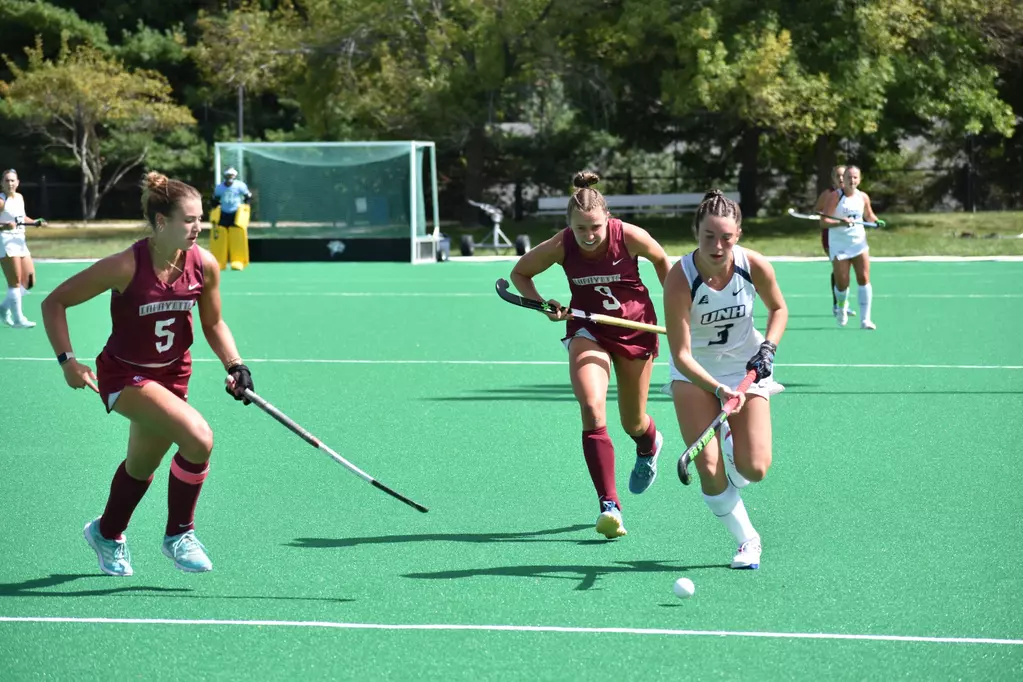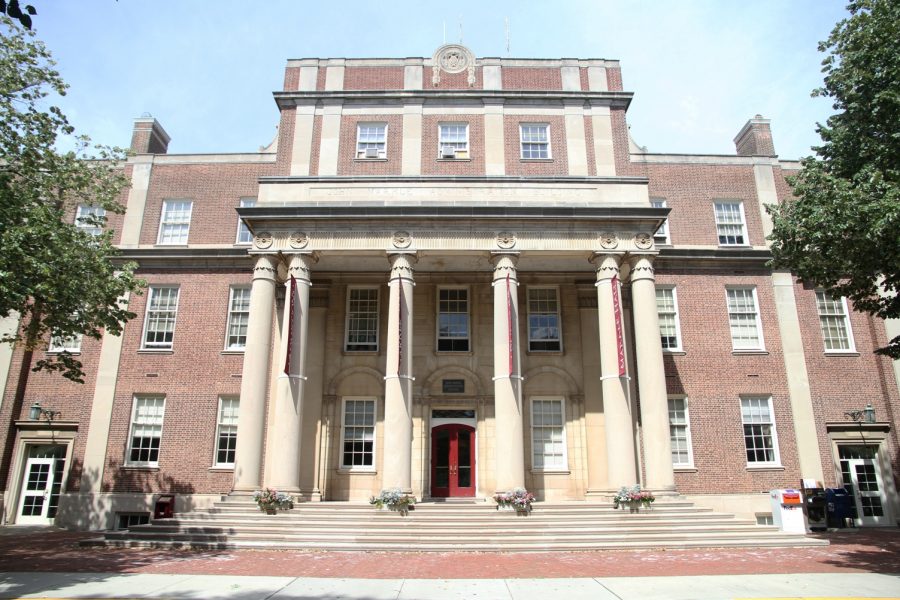A Lafayette assistant professor announced on Tuesday afternoon that he would be going on hunger strike to protest the president’s decision to deny his tenure application.
From the time Juan Rojo announced his strike on 4:10 p.m. Tuesday until press time, he said he has not eaten. One of Rojo’s demands was that the tenure application system be changed.
If granted tenure, a professor is employed for life at Lafayette. If the application is rejected, the professor is forced to leave his or her job. For pre-tenure and tenure-track professors, the process is a stressful one.
Professors often spend entire summer preparing tenure applications. The Promotion, Review and Tenure (PTR) Committee – a group of faculty and the provost – is often the deciding factor in determining tenure. Professors who serve on the committee are often granted course absence slips, because of heavy, demanding workload.
At Lafayette College, the PTR assesses the tenure applicants after they are endorsed by their faculties. In Rojo’s case, all six on-campus tenured faculty endorsed him for tenure. A tenured professor off-campus also submitted a recommendation in favor of Rojo, according to Rojo.
The PTR uses the faculty handbook to assess the quality of application, ranking teaching as the most important and scholarship as the second most important aspects. In President Alison Byerly’s rejection of Rojo’s application, student evaluations were cited to justify her opinion. The handbook says that student evaluation are “one of the important measures of a teacher’s abilities in the classroom.”
It also states any faculty member may indicate to the provost that student evaluations are not appropriate to use in the assessment of a certain course. It is unknown if that happened in Rojo’s case.
If the PTR makes a negative recommendation to the president to not grant tenure, the candidate has a right to appeal. In Rojo’s case, the PTR made a positive recommendation and the president did not concur.
The handbook reads, “The board of trustees and the president should, on questions of faculty status, concur with the faculty judgment except in rare instances and for compelling reasons which should be stated in detail.”
If the president declines the promotion, the PTR and candidate have a right to respond to the decision. The board of trustees then makes a final decision and the process ends. The PTR and Rojo submitted their several-page responses on April 1 and April 7, respectively. Byerly also wrote a letter to the Board of trustees on June 30, stating simply that nothing had changed in her initial decision.
The board’s final decision came on Aug. 2. According to Provost Abu Rizvi, the last time a professor’s tenure application was vetoed by the president was in the 2003-04 year.

